Australian-US intelligence alliance ‘phenomenal’ countering adversaries, says top US spy
The US and Australia are leading an intense intelligence co-operation effort in the Indo-Pacific to combat the unprecedented, hostile intelligence activities of Western adversaries, says US Director of National Intelligence, Avril Haines.
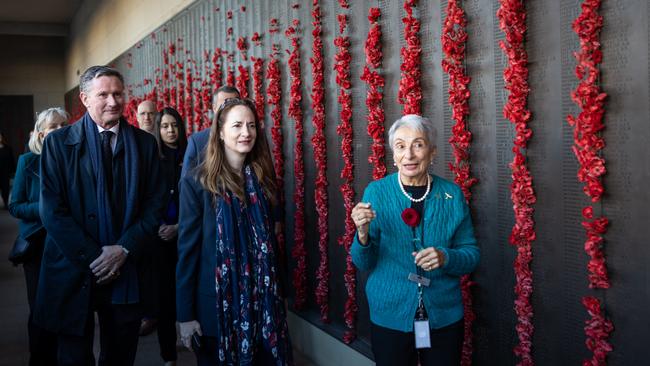
The US and Australia are leading an intense intelligence co-operation effort in the Indo-Pacific to combat the unprecedented, hostile intelligence activities of Western adversaries China, Russia, Iran and North Korea, says Avril Haines, US Director of National Intelligence.
Ms Haines visited Australia to become only the second foreign national to be awarded the Australian Intelligence Medal, our highest honour for distinguished service to the national intelligence community. (The only other foreign recipient was Shigeru Kitamura of Japan in 2022.)
In an exclusive interview with The Australian, the first a serving DNI has done with an Australian journalist, Ms Haines hailed the Australia-US intelligence partnership – part of the Five Eyes arrangements that also involve Britain, Canada and New Zealand – as “phenomenal”.
She said the partnership between the Pacific allies was fundamental in working throughout the Indo-Pacific and driving intelligence outcomes for the allies.
She said China, Russia, Iran and North Korea were all making greater intelligence efforts than ever, co-operating more closely with each other and integrating artificial intelligence into activities directed against Western nations and their allies.
“They are expanding their efforts,” she said.
“Let me take Russia as an example. We have called out their use of intelligence services to promote sabotage and other hybrid activities in Europe that are intended to weaken the resolve of those countries to support Ukraine without triggering an Article 5 response.” (Article 5 of the NATO treaty provides for allies to respond militarily to attacks on any NATO member.)
“It’s extremely challenging to manage such activities but one thing is certain, which is that the intelligence work we do together to promote resilience against such activities is crucial.”
Among developments making US and Australian efforts to counter malign actors more challenging is the increasing role of AI. “I would say AI is having a big impact on our work,” Ms Haines said. “Are our adversaries using AI? Yes. One area we can point to as an example of this is information campaigns, and more specifically, in efforts by our adversaries to influence elections.”
Adversary nations use AI, she said, “in pa
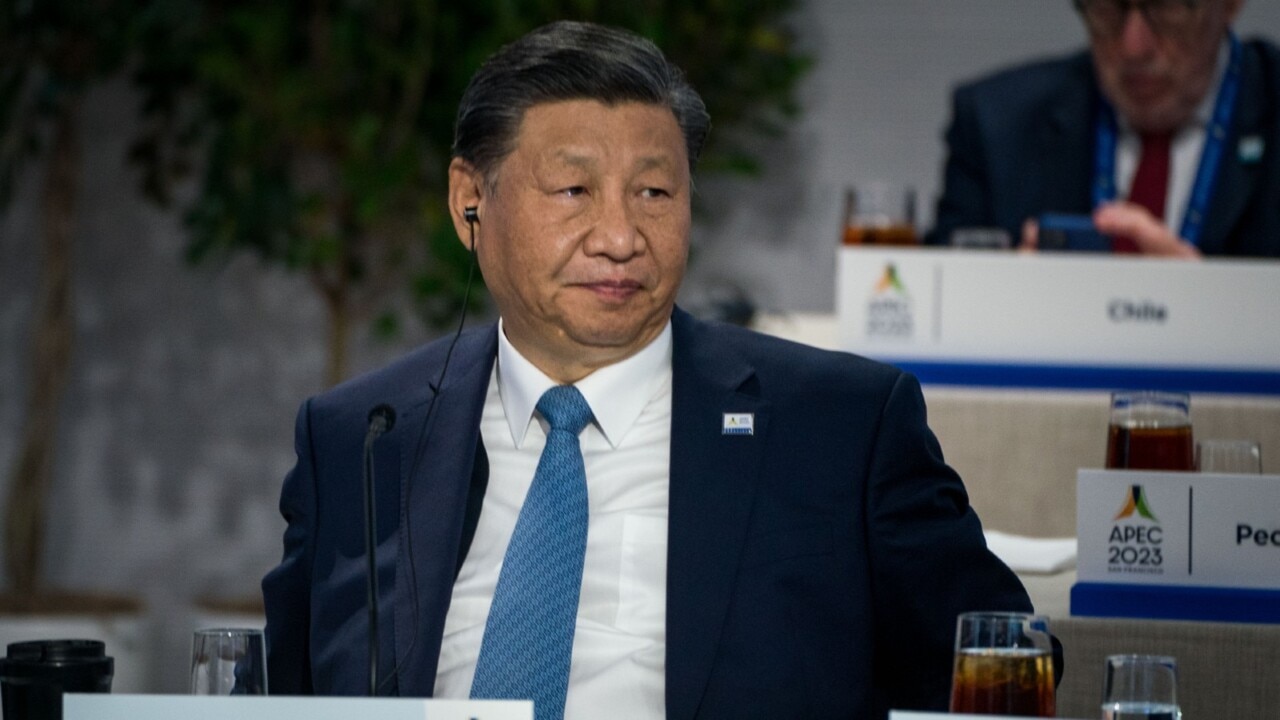
rt by making the contents more sophisticated for the audience they’re trying to reach. They use AI to produce content that is compelling. They use AI to more effectively target which audience they want to reach.”
I asked whether China, Russia, Iran and North Korea were reaching levels of co-operation comparable to the intimacy enjoyed by the Five Eyes partners. “They’re not co-operating in the way we do in the Five Eyes or more generally in the way that allies like the US and Australia do,” she said. “But there’s no doubt we’re seeing more co-operation among the countries you mention on a bilateral and sometimes trilateral basis.
“Russia is getting munitions from North Korea, advanced weaponry from Iran, dual use items from China. This all allows Russia to reconstitute its military on an accelerated basis.”
Ms Haines said she believed increased co-operation among the authoritarian nations was having an impact on the way the international system worked generally. “Their co-operation can also insulate, for example, North Korea from international pressure with respect to nuclear non-proliferation norms that we historically apply,” she said.
“Australia and the US are both strong proponents of non-proliferation norms. Traditionally, when North Korea has taken certain actions in violation of those norms, Russia has joined UN Security Council resolutions that enact sanctions for such behaviour but now North Korea has more leverage over Russia and we may find they are no longer willing to join in international approbation for such actions.”
Nonetheless, she said US analysts didn’t see co-operation among authoritarian regimes getting to the level of NATO nations.
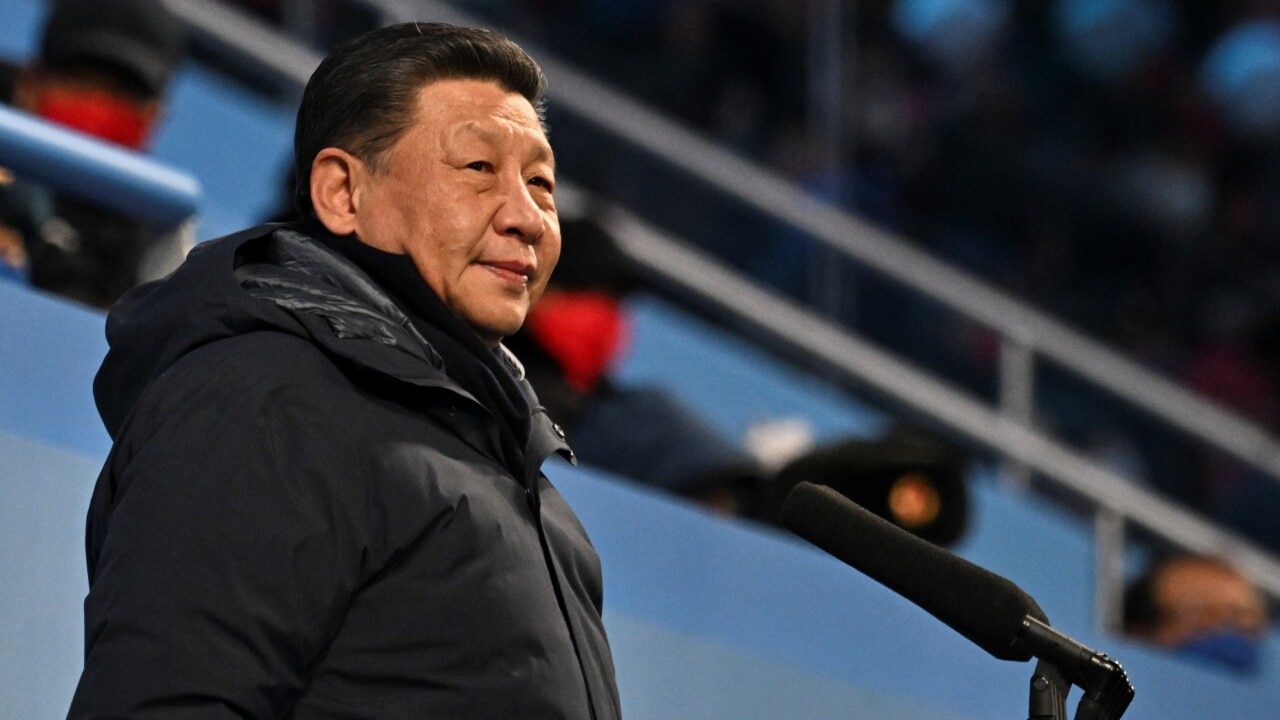
Ms Haines became DNI in January 2021. In an earlier part of her career, she had been deputy director of the CIA. Her back story is amazing for a person of her accomplishments and seniority and includes: running a bookshop; working as a car mechanic; learning judo in Japan; and attempting to fly to Europe in a private plane and having the engines fail.
During her time as DNI, the US has embarked on a new practice of publicly disclosing sensitive intelligence in order to affect strategic events in real time. This tactic has been especially relevant in the context of Russia’s war in Ukraine. “Our success is very much tied to our capacity to be accurate, and to do so without compromising sources and methods,” Ms Haines said.
“Through disclosing intelligence, we helped to prevent Russia from being able to propagate a pretext for their invasion. I think it also helped to prepare our populations for what was to come, and perhaps made it possible for our leaders to engage in responses and to support Ukraine even while understanding that doing so might require some sacrifice.
“(Sharing intelligence publicly) can produce a more sophisticated conversation in public.”
Naturally, though she didn’t say this explicitly, the decision on sharing intelligence publicly is up to national governments, not intelligence agencies. Logically, the agencies have to produce very reliable information for it to be effective if released publicly.
Ms Haines struck me as warm and charming, and a strong figure in institutional leadership. She was determinedly complimentary and enthusiastic about the quality of the Australian intelligence agencies she works with.
“I would describe the (intelligence) partnership (between the US and Australia) as phenomenal,” she said.
“I really want to give a tremendous amount of credit to the Australian intelligence community. Andrew Shearer (the director-general of the Australian Office of National Intelligence and principal adviser to the Prime Minister on intelligence matters) is my principal interlocutor in this context and I cannot say enough about his leadership in driving collaboration, not just between Australia and the US, but across the Five Eyes and with our Indo-Pacific partners, which I think has been fundamental to our capacity to lay out the intelligence landscape to our policymakers and military leaders.”
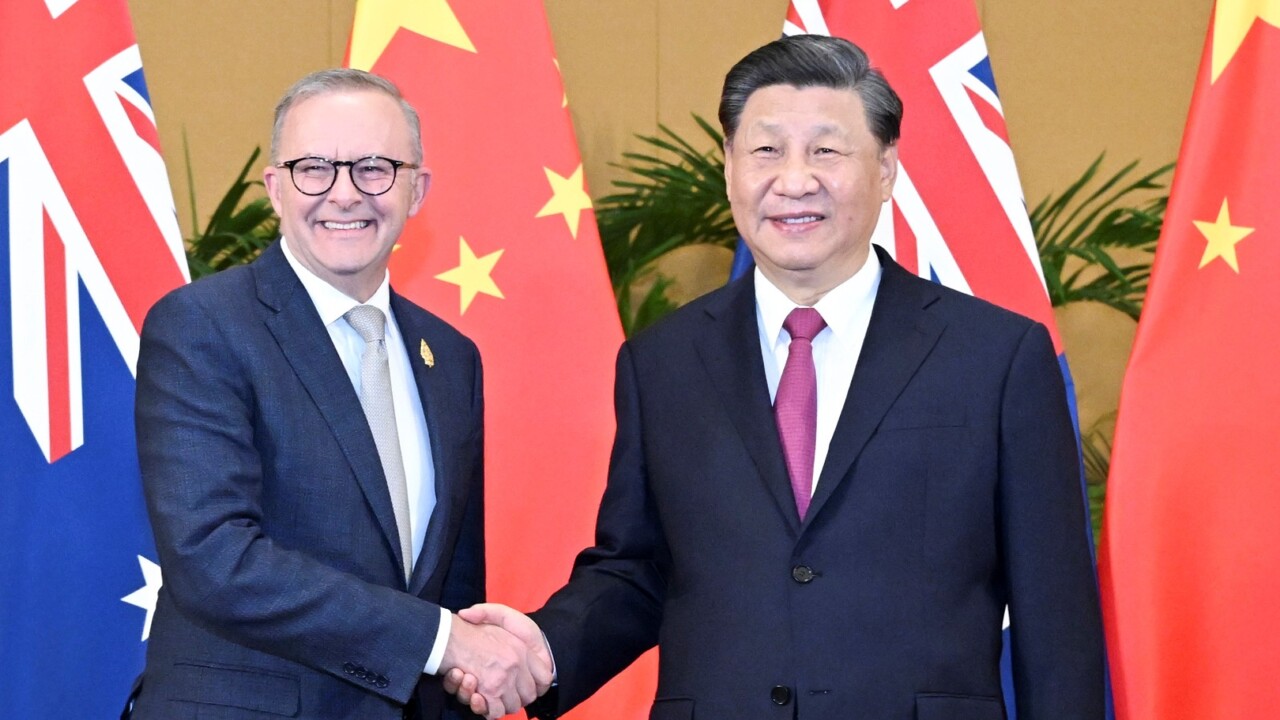
This work is critical in the complex geo-strategic environment today, she said: “Intelligence has never been more important to our policy. It’s both the complexity and the nature of the threats today which makes our collaboration and our collective contribution so important.
“It allows our policymakers to prioritise. We all feel resource-constrained. There’s nothing we can address alone. We need to work together to manage challenges. Having integrated intelligence services is fundamental to our ultimate success.”
Ms Haines confirmed that the US and Australia each had personnel embedded in the other’s intelligence agencies.
Her deep regard for Australian agencies is reciprocated by her Australian counterpart. Mr Shearer said US-Australian intelligence co-operation was more important to both nations now than at any time since the end of World War II.
“Our intelligence co-operation is broadening in scope to encompass economic, security and advanced technology in addition to its more traditional focus on military threats and terrorism,” he said. “Avril Haines has been nothing short of outstanding as a partner; I was so pleased to be there when the Governor-General presented her with the Australian Intelligence Medal.”
Mr Shearer said Ms Haines had removed barriers to sharing intelligence and had taken intelligence co-ordination between Washington and Canberra “to a new level across the full range of threats and challenges facing both countries”.
Ms Haines received the intelligence medal on Monday before leaving Australia.
The Albanese Government has had an exceptionally strong week in intelligence with three good decisions following good process. It reappointed the highly respected Mike Burgess to head ASIO for another five years, showing sensible disregard for the hysterical and personalised campaign against Burgess run by former Prime Minister, Paul Keating.
It secured the release of Julian Assange without engaging in any hectoring of the US or criticism of either the British or American legal systems.
And it awarded the Intelligence Medal to Avril Haines, absolutely justified in itself, and about the smartest single thing it could do in international intelligence diplomacy.


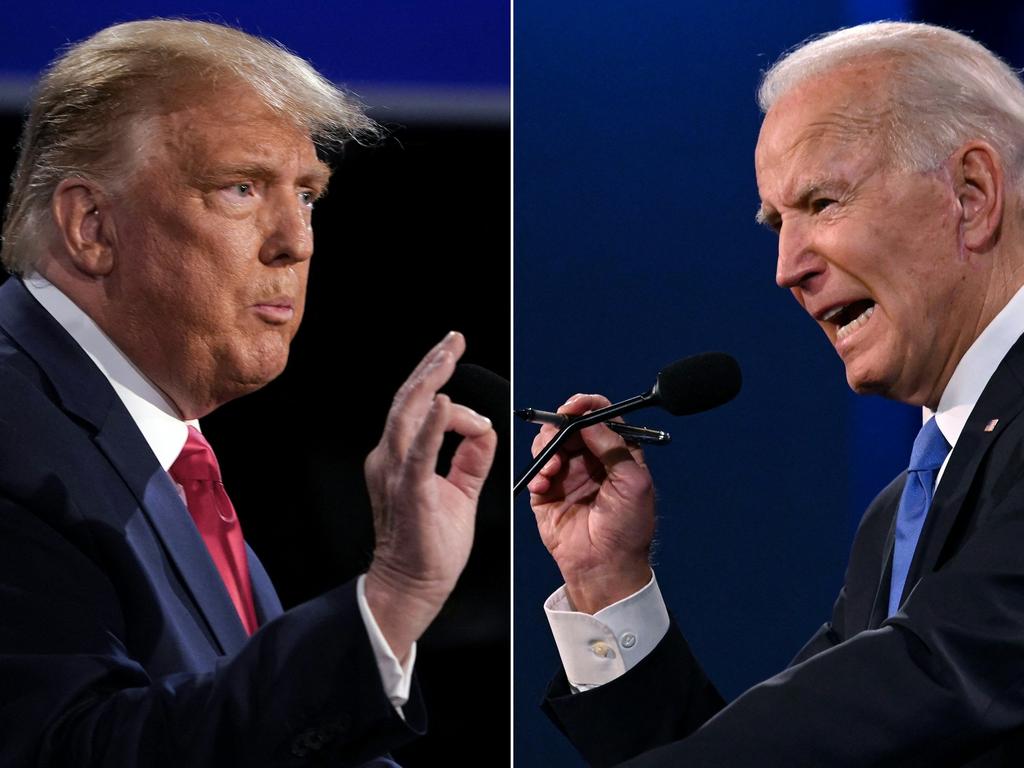





To join the conversation, please log in. Don't have an account? Register
Join the conversation, you are commenting as Logout